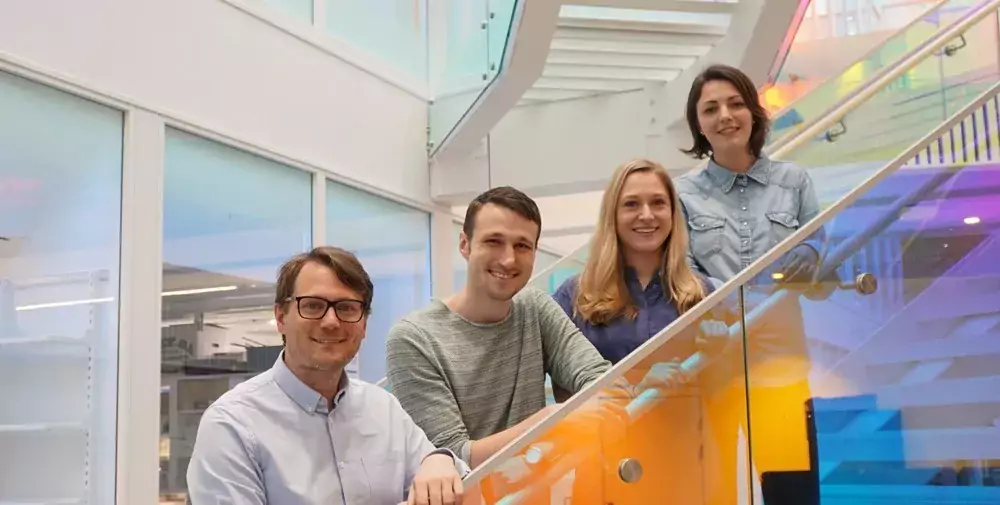About our research
With the aim of reducing the use of chemotherapy and radiation and replace these treatment modalities with immunotherapy approaches, the Carlsten group hope to improve both outcomes and quality of life for patients with cancer.
The main research focus for the research group is to study how the immune system can be utilized to treat cancer. More specifically, the group focuses its work around basic biology and genetic engineering of Natural Killer (NK) cells with the overall aim of applying new discoveries in settings of cellular cancer immunotherapy. The group is also focusing on transplantation biology including therapies for patients with post-transplantation leukemia relapse.
Keywords
NK cells, Cancer, Immunotherapy, Cell therapy, Tumor immunology, Genetic engineering, Hematology, Lymphoma, Leukemia, Transplantation.
Ongoing collaborations
The Mattias Carlsten research group has several ongoing collaborations, such as:
- Richard Childs, NIH, USA
- Andreas Lundqvist, KI
- Björn Wahlin, KI
- Michael O’Dwyer, NUIG, Ireland
- Petter Höglund, KI
- Yenan Bryceson, KI

